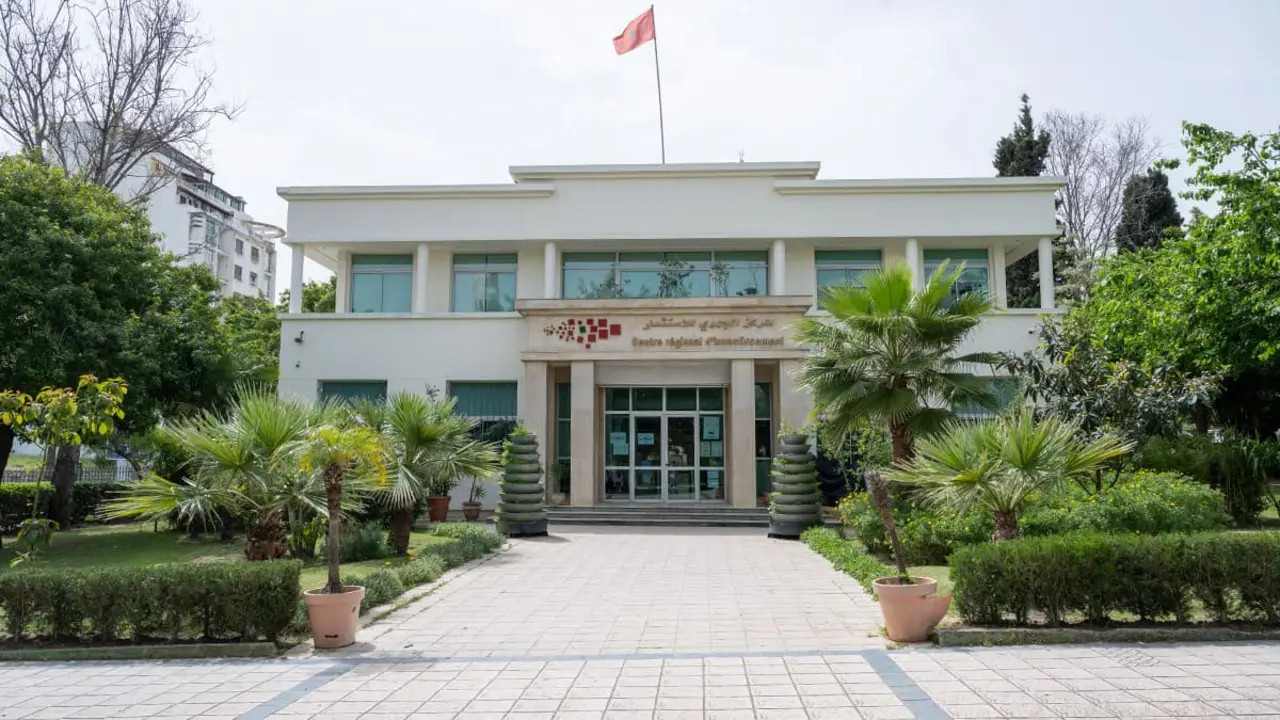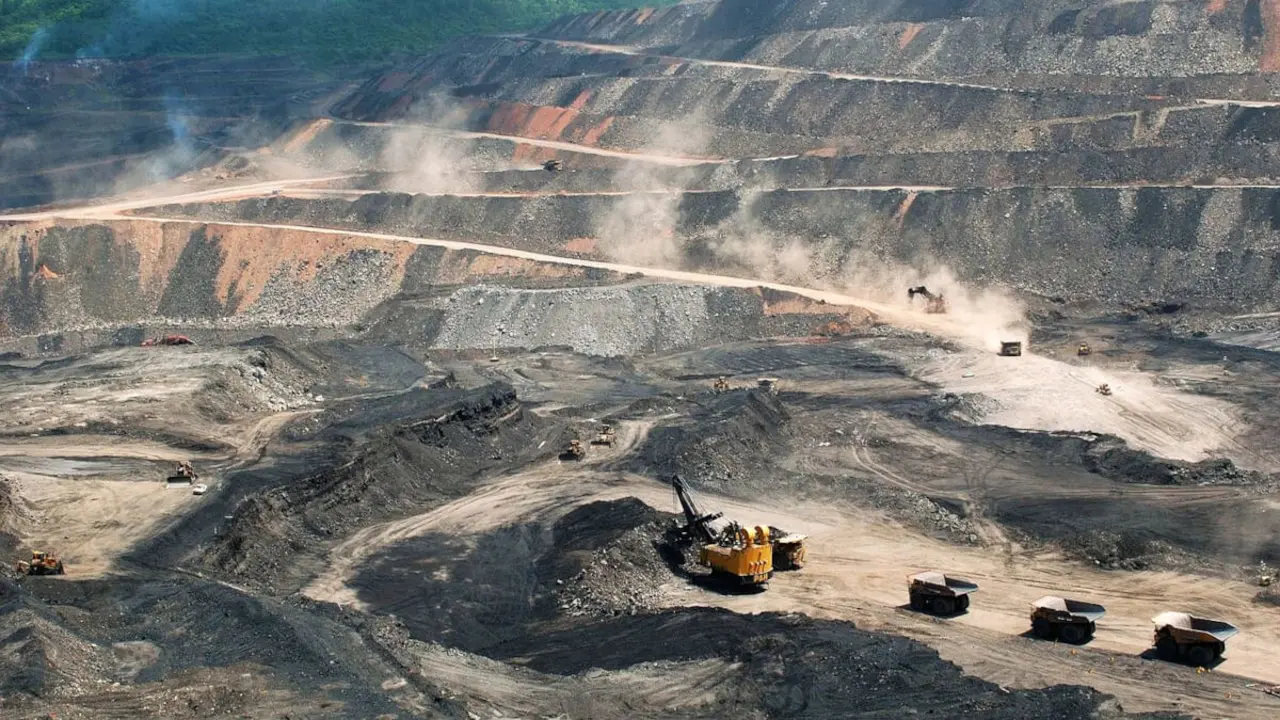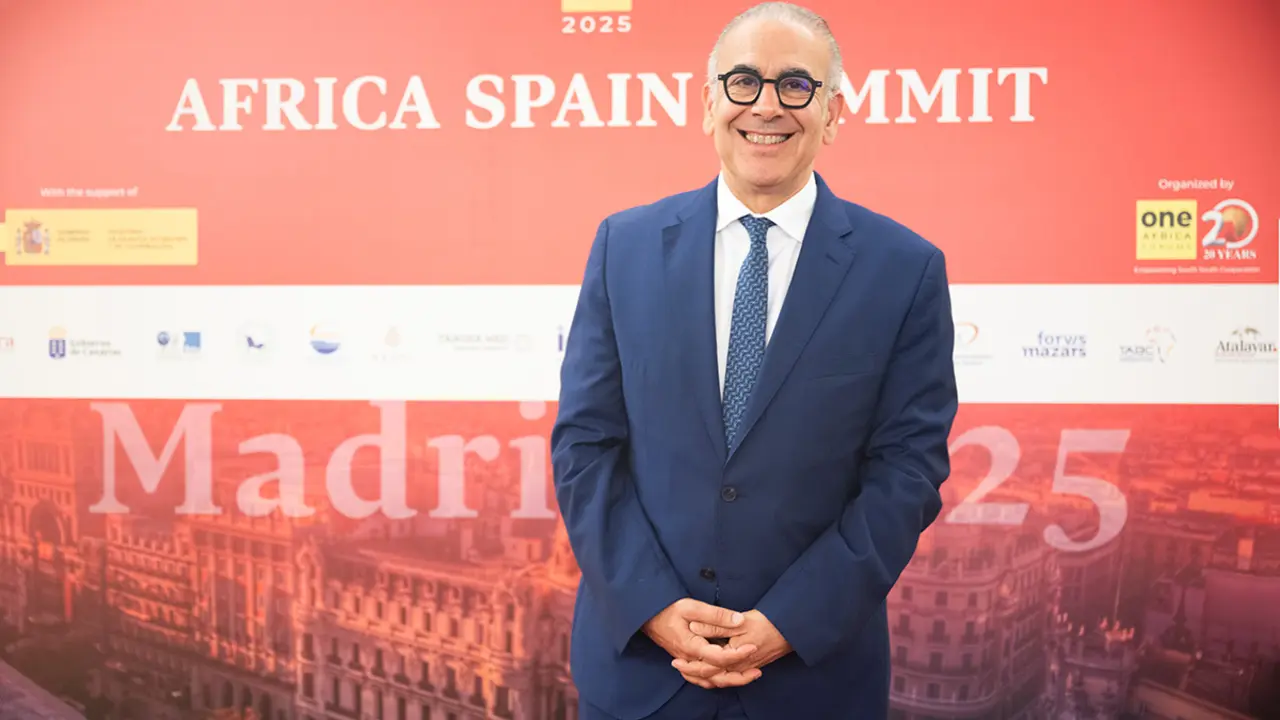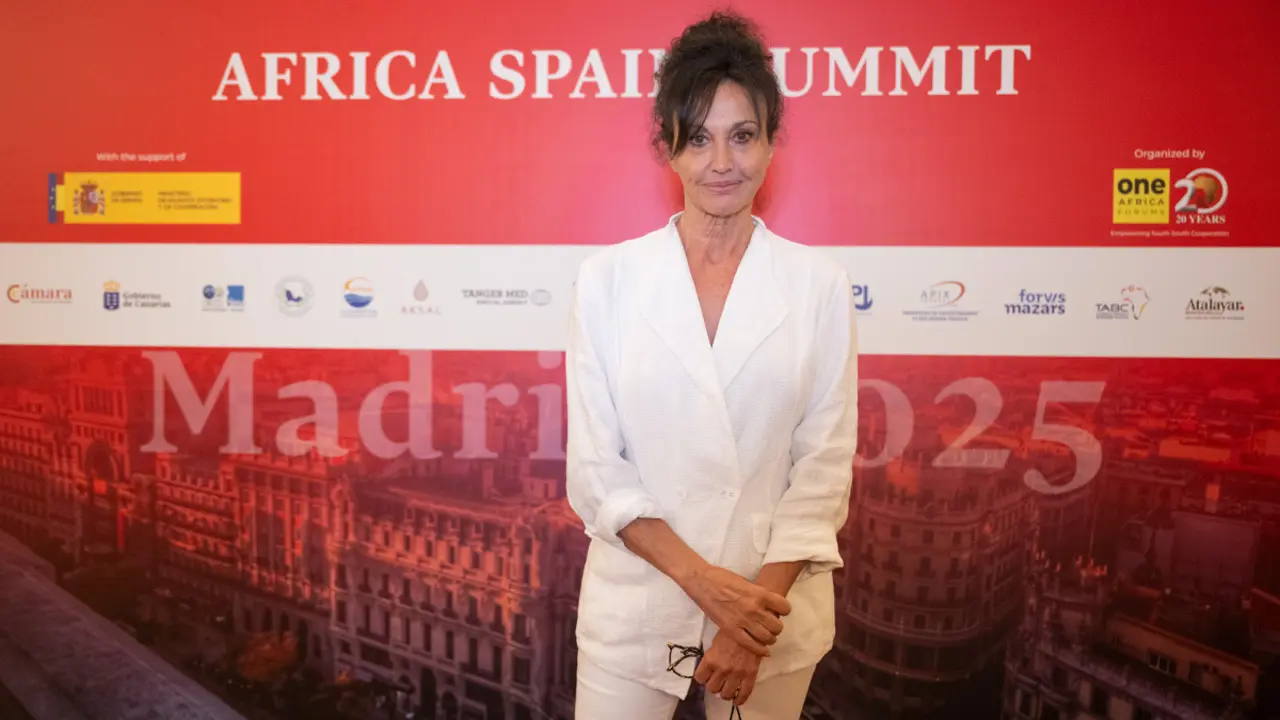Crece el establecimiento de empresas tunecinas en Marruecos

For the past few weeks, Moroccan companies have been echoing the ever-increasing presence of Tunisian firms in the country. Tunisian operators have set their sights on the Alawi country because of the growth opportunities for their business. They are also looking to the Moroccan market to develop their activities and are very interested in the fields of textile industries and the construction industry. According to the newspaper Les Inspiratios Éco, the main destination for these companies is Casablanca.

Morocco's political stability is one of the main factors why Tunisian companies set their sights on the nation. Tunisia is in a delicate crisis that is hugely affecting the future of the citizens, who have been weary of so many governments since the nation suffered the Jasmine Revolution of 2011. This was a series of revolutions that triggered protests against the government of the day, the dictatorship of Zine El Abidine Ben Ali, and ended with its fall and the beginning of a path towards democracy. Since then, the country has been unable to recover economically, a situation that has been aggravated by the COVID-19 pandemic. The poverty rate was at a threshold of 3.7% and there is a risk that the most vulnerable population will be at risk of destitution. It is also in a situation of political and constitutional crisis due to the paralysis of parliamentary activity and the dismissal of several officials by the head of state. All these circumstances are forcing the African country's businesses to migrate to its neighbouring country in search of a better situation, since, although humanitarian conditions in the territory have improved, poverty and inequality are still high and slowly growing.

Foreign investment in Morocco is booming as the nation is very attractive for other countries to invest their money in. In 2019 it became the 4th most attractive country in the MENA (Middle East and North Africa) region for foreign investment. The Kingdom has used a good strategy to encourage investment and out of the $361.7bn earmarked for investment in Arab products, Morocco got 4.5%, placing it 8th. The first of these is Egypt with 25.2%, followed by Saudi Arabia with 9.6%, Oman with 8.3%, Algeria with 6.9%, Jordan and Libya with 6.7% and 6.4% respectively, the United Arab Emirates with 6.1% and Iraq, ahead of Morocco, with 5.8%.

Most of the investments made in Morocco are in the renewable energy, real estate and automotive industries, although electronics and telephone operators are also booming.
Then, among foreign countries, France ranks first among the countries investing in the Kingdom, with 31% of the money earmarked for investment. It is followed by the Netherlands, the United Arab Emirates, Ireland, Luxembourg, Mauritius and Belgium. Spain is in eighth place in this list.

Tunisia is also among the top 10 most indebted African countries, and according to the report of the Centre for Study and Reflection on the Francophone World (CERMF), Tunisia has a debt 91.4% higher than its GDP, ranking ninth on this list.
Morocco is also the main place where companies go, but it is not the only one, and there is a two-way street. On 2 November, Riadh Fourati, president of the Chamber of Commerce and Industry in Sfax, spoke of the Mediterranean country's interest in investing and exporting in Nigeria, which is Africa's leading economy and has a population of around 219 million.








